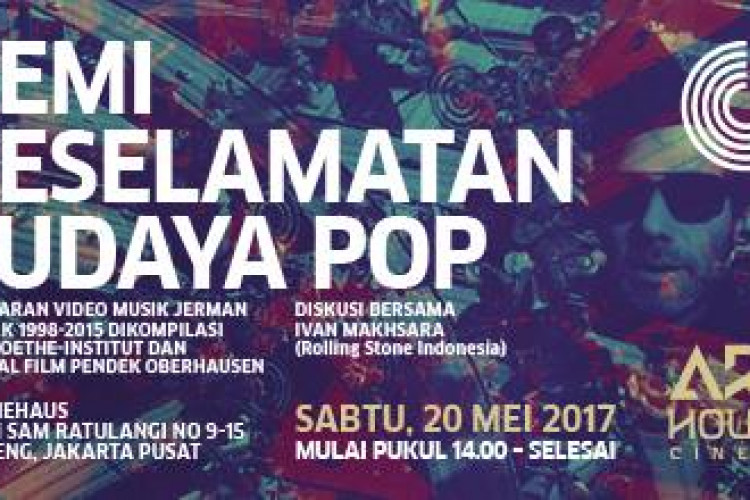Casual Football Talk with Antony Sutton
Chandra Drews (C) talks to football journalist Antony Sutton (A) of Jakarta Casual.
by Ken Jenie
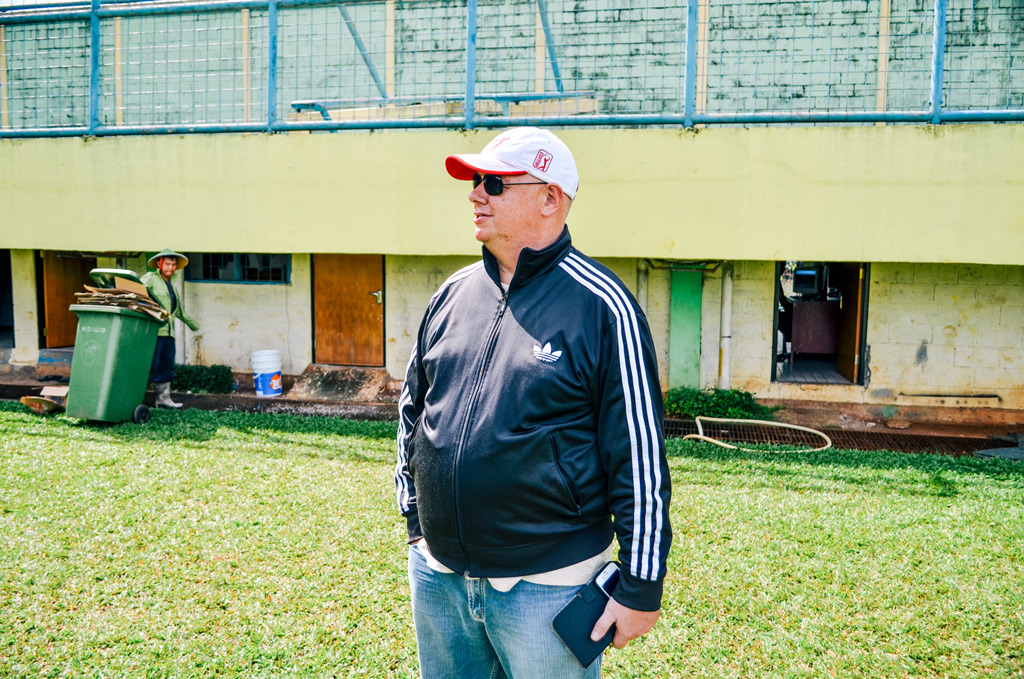
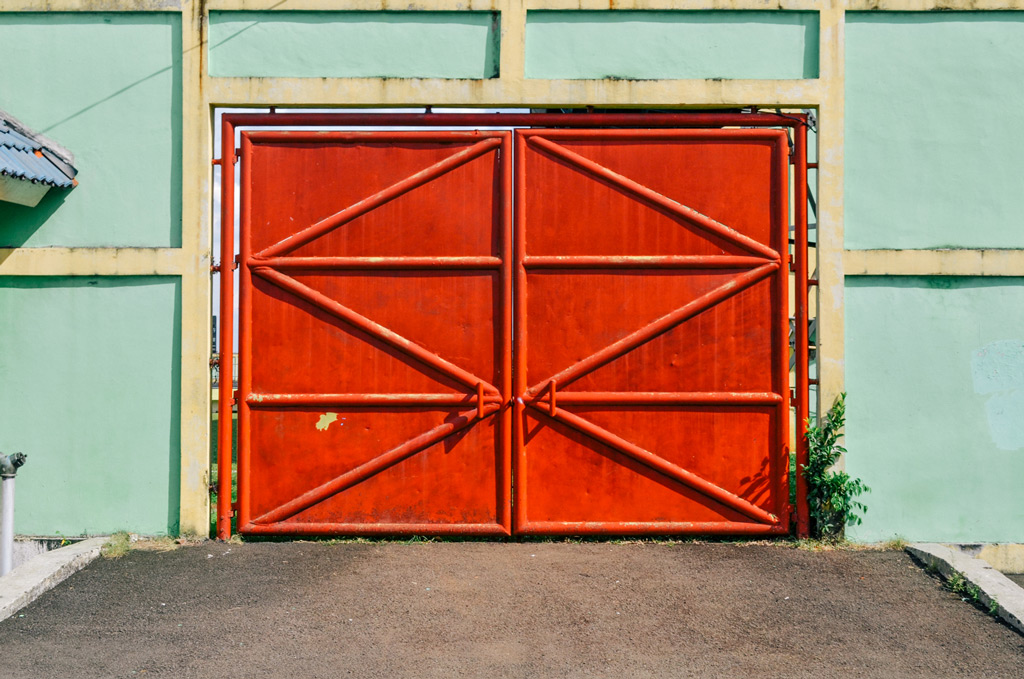
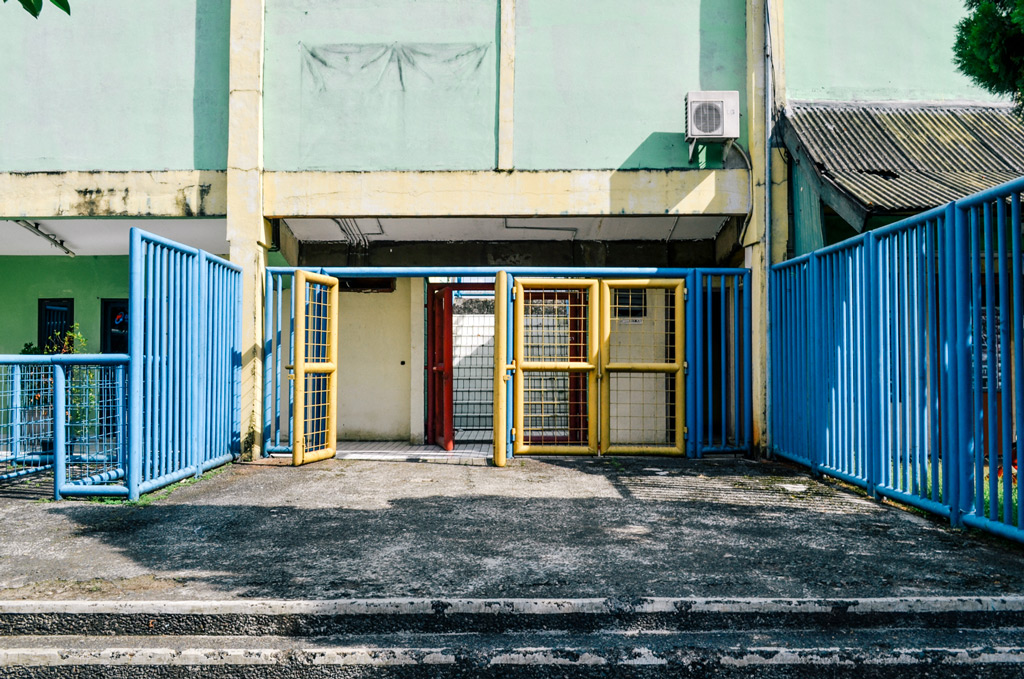
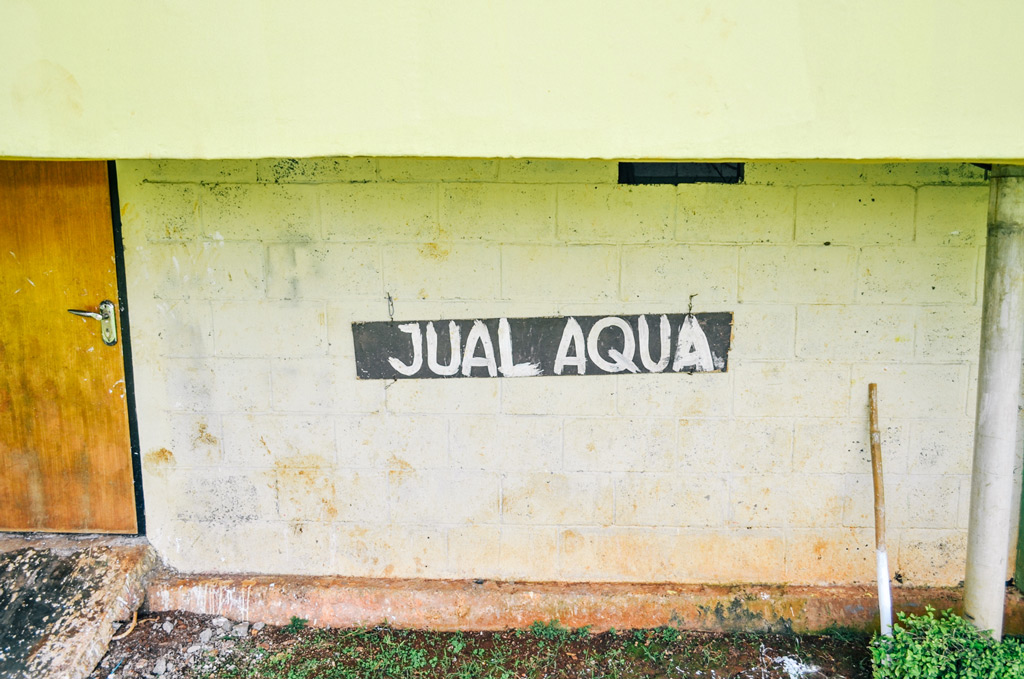
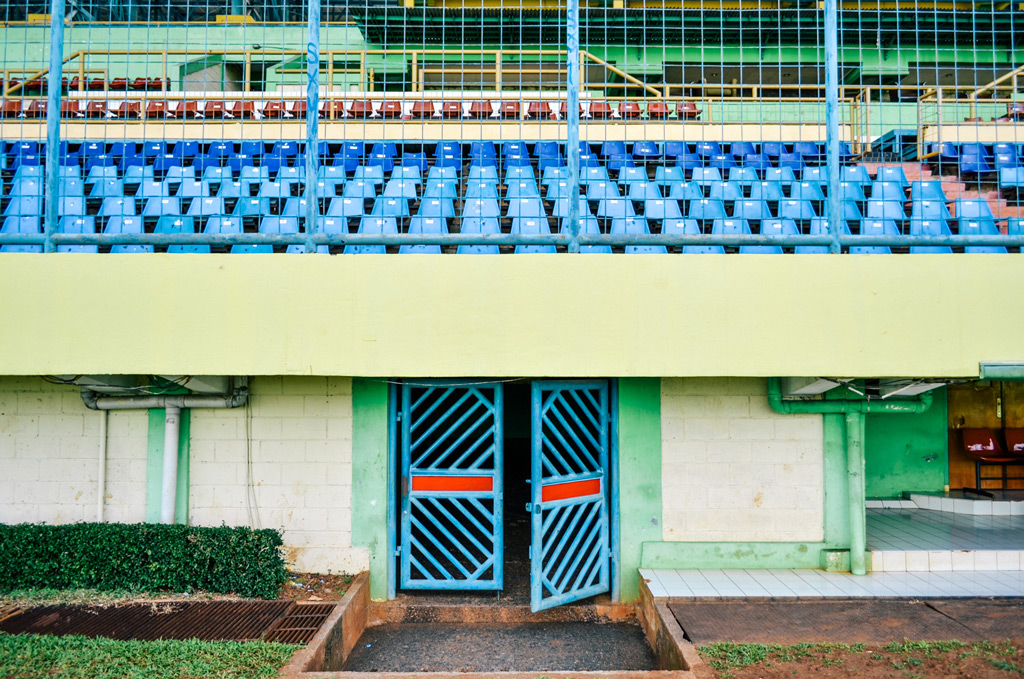
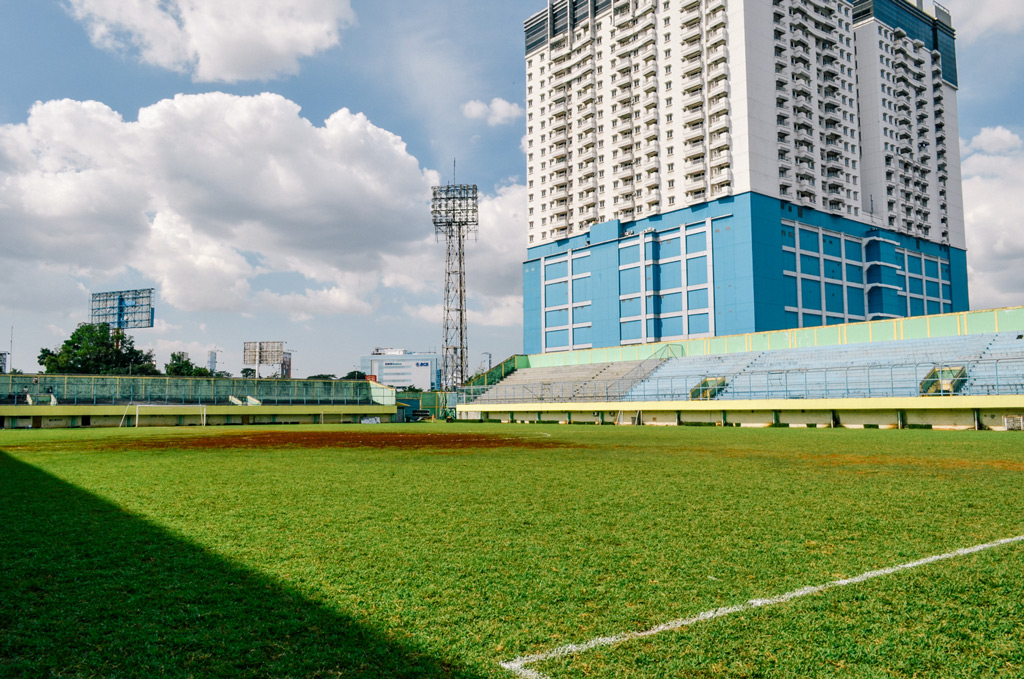
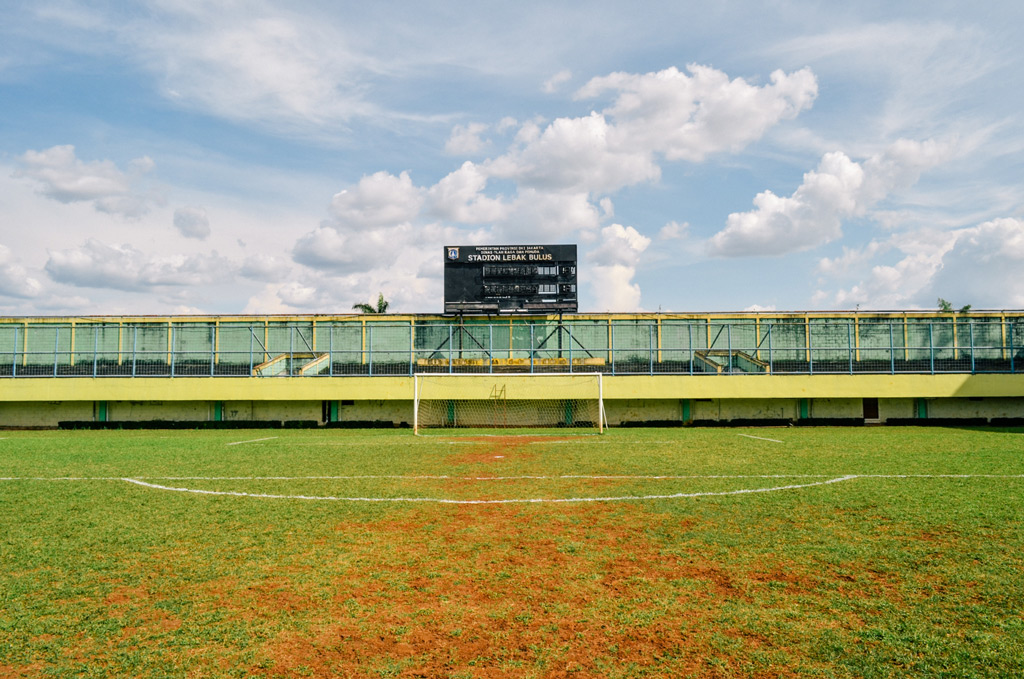
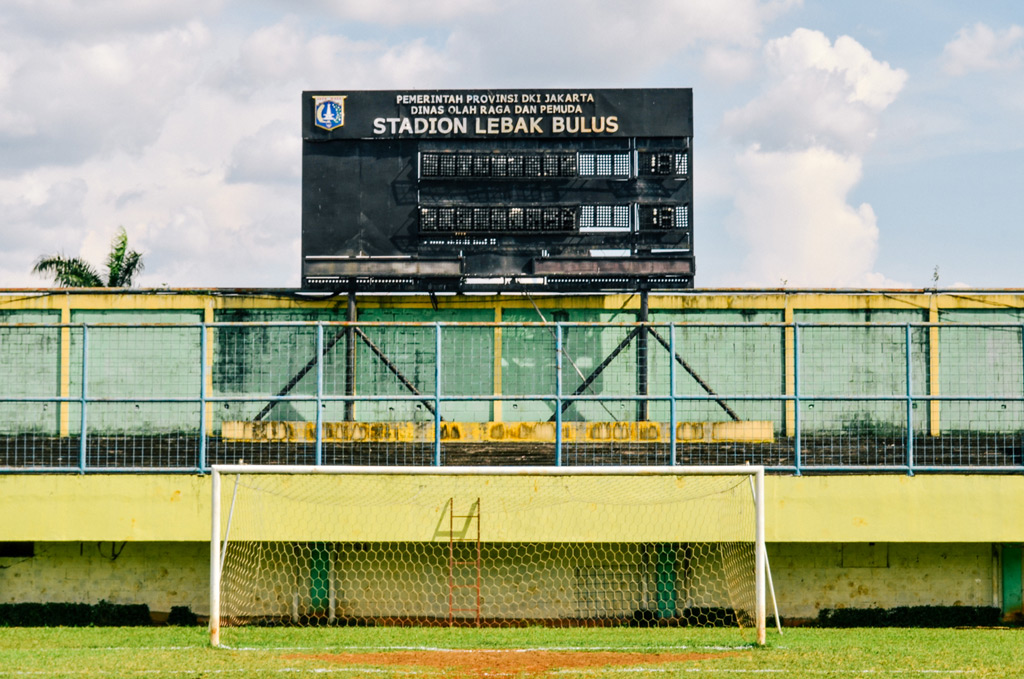
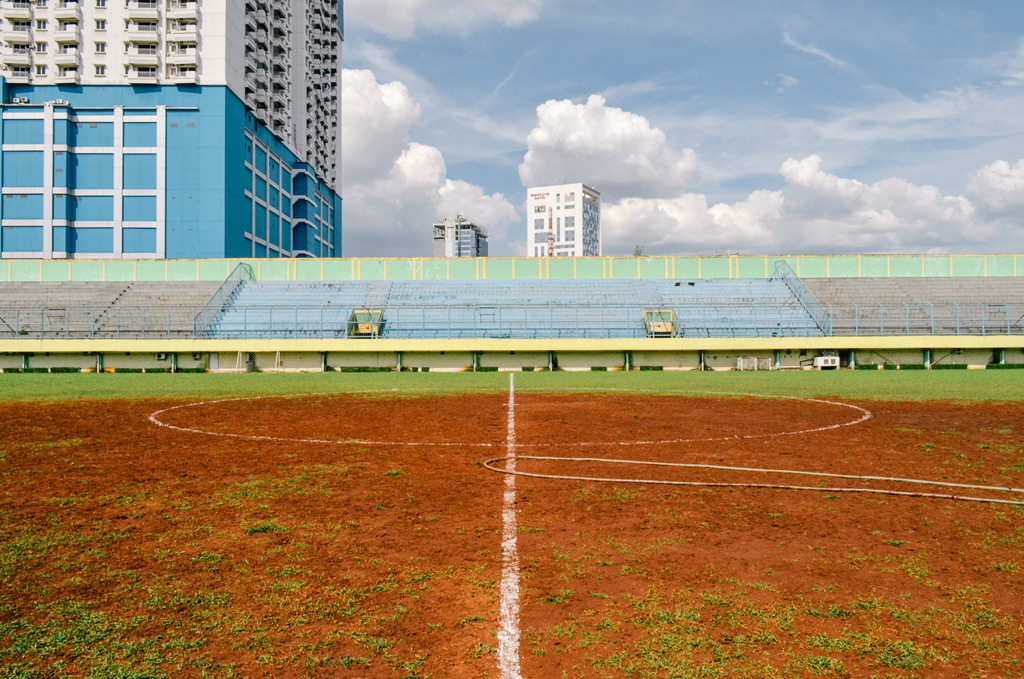
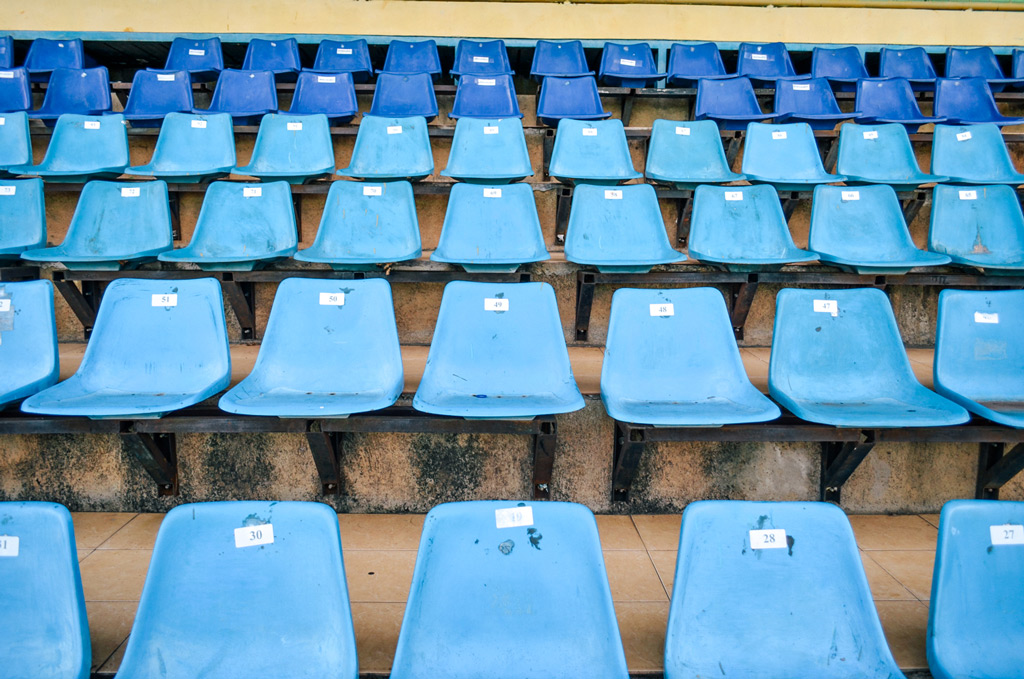
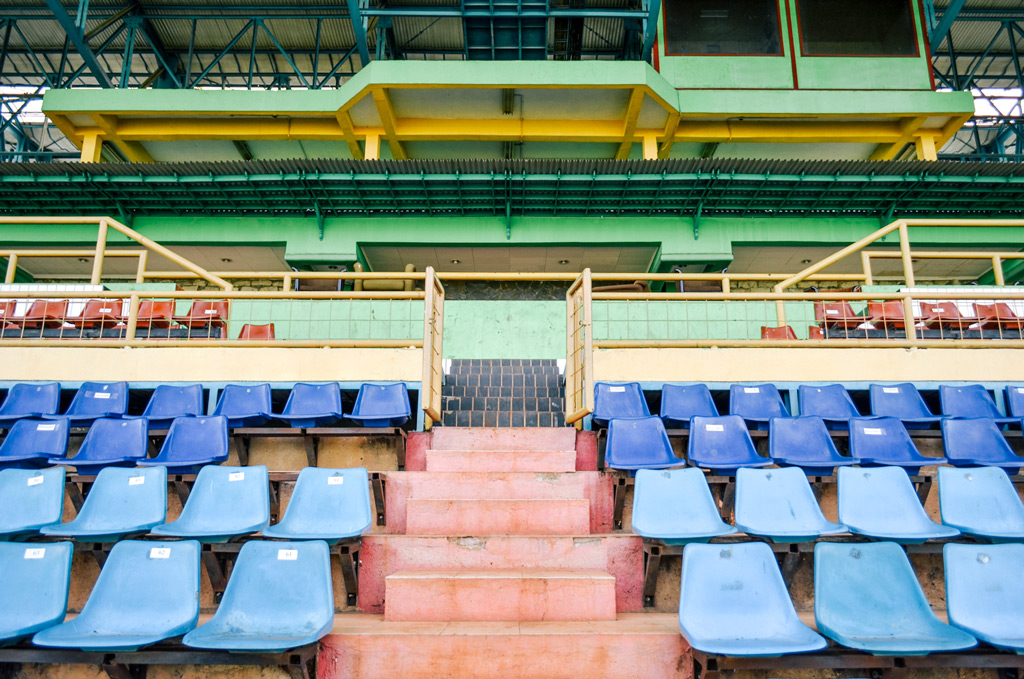
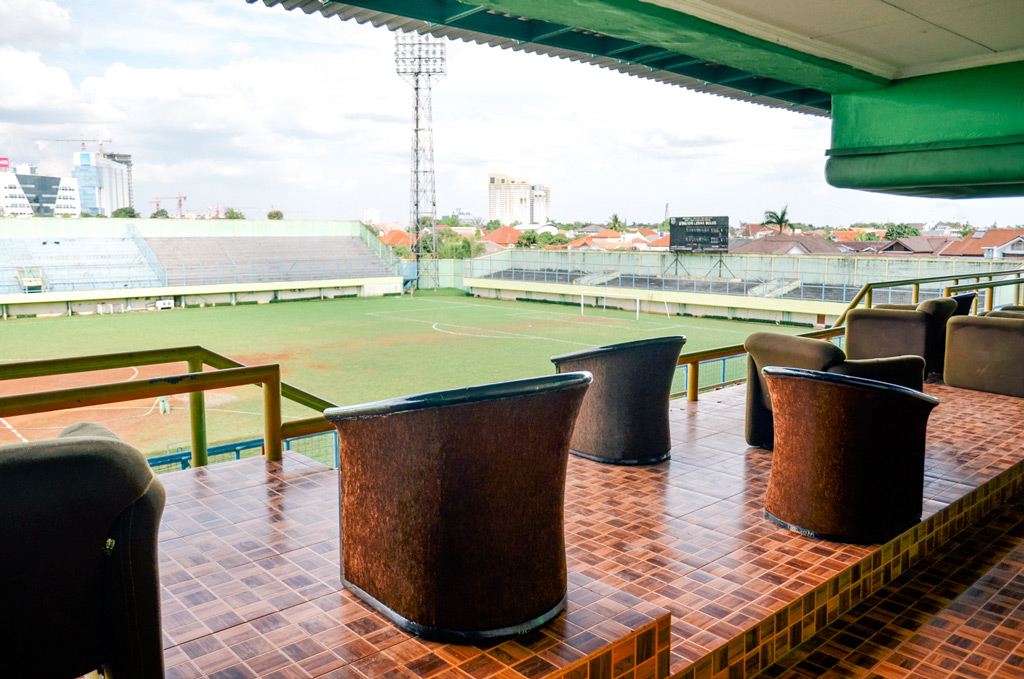
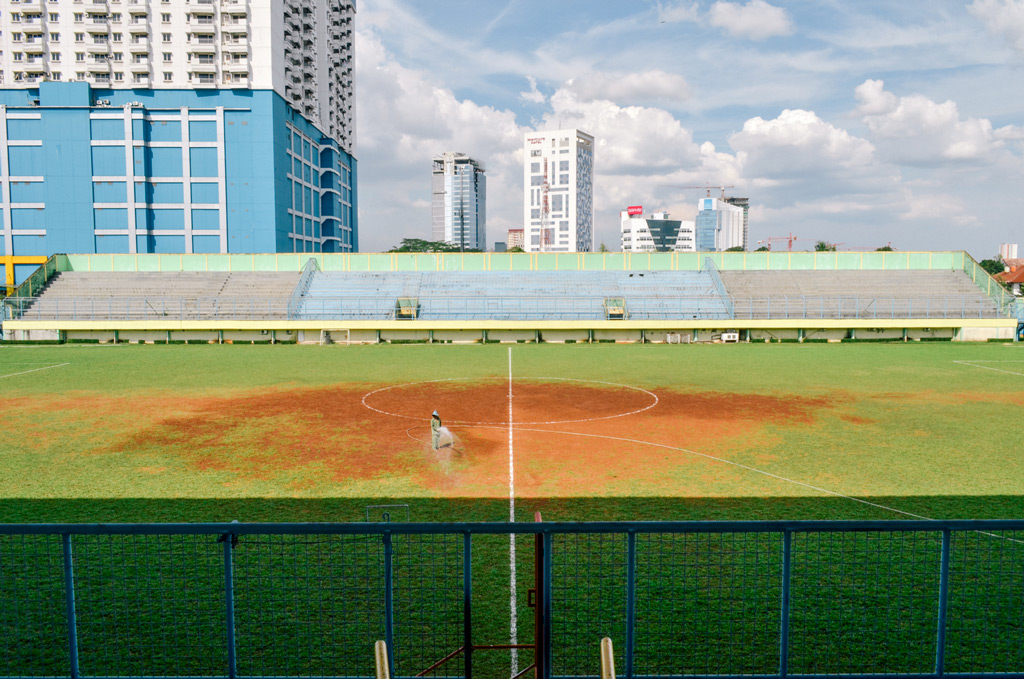
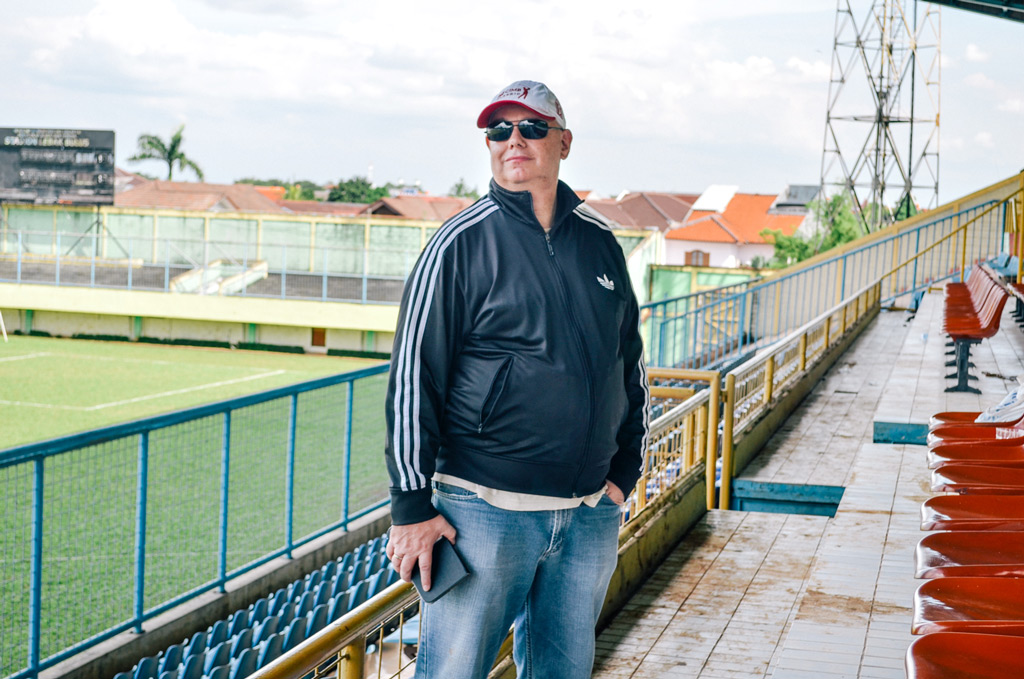

C
How did you end up in Jakarta?
A
I left England in 1987, and then worked in different countries like Australia, Germany, Bangladesh and Thailand. I was then offered two jobs, one was in Jakarta, another in Northeast China – Jakarta was warmer so I came here in 2002 (laugh).
C
From all of the countries you visited since you left England, did you always follow their local football?
A
I wish I had. When I was in Sydney, Australia the first place I went to was a news agent and found a football magazine, and brought it to a tourist information and asked them where it was. They didn’t have a clue, so I found it myself on a map and went to a few games. In Germany, you do two things – drink beer and watch football – I was in heaven.
I then came to Asia. I have always wanted to go watch Thai Football, but never got around to see any games. It wasn’t until I moved here and I was sitting around thinking what I could do to keep me out of the pub – and I chose writing, and if I were to write then I would write about football.
I Googled “football” and got a million answers, so I decided to search just for “Arsenal” and also got millions of results, then Googled “Indonesian Football” and got a few results – so I thought, alright I’m going to do Indonesian football. My wife, girlfriend at the time, thought I was crazy.
I sat in a pub just chilling, and saw that Sriwijaya and Persija was going to have their first game of their season. She asked whether I really wanted to go to this game, so we hopped into a taxi, watched Indonesian football, and it was brilliant.
C
That’s when you first started the Jakarta Casual?
A
I started it a few days before, but this was when the blog really started.
C
What is your general feel of watching football here? How far is it removed from watching football in England or Germany?
A
I started going to football matches in England in the 70s, and if you asked your old man, they would say that it was a pariah’s game (laugh) – people would think that you have a disease or something. If you’re in a polite middle class Jakarta society they would say the same thing. There is this parallel with football here and in 1970s English football, and it’s kind of fun.
C
English football ‘repaired itself’.
A
Yeah, they kicked out all of the working class.
C
Yeah, do you see that happening here?
A
Football mirrors society. The chaos in the football is a reflection of what was happening in the country. If you looked at English news in the 70s, you would have seen anti-racist rallies, marches, violence, hooliganism, race battles, fights between skins, rockers, mods, there were trade unions going on strike – football was another strand of that chaos. When the chaos started to subside, so did the chaos in the sport.
C
Football in Indonesia is still very much a working class game, correct?
A
Yes, it is.
C
I fear that one day it is going to change. If you look at the national team coverage, a lot more middle-class are going to matches and perhaps make the atmosphere more sterile. Do you think that will continue to happen?
A
If you go back to the AFF cup a couple of years back in 2010, Indonesia won a couple of games, Irfan Bachdim and Kim Kurniawan became the poster boys and everybody started following it. When the team started losing everybody stopped – it is a very shallow middle class existence. If it’s famous and become trendy then they will go, if it stops being famous and trendy they will also stop.
C
Would you say that this is an Indonesian thing, or does it happen in other South East Asian countries – let’s say Thailand?
A
Thai football reinvented itself in 2009. Instead of clubs representing a particular area you would have Bangkok University playing a bank probably from Bangkok as well. Thai football has become trendy for the middle class there – the clubs three types of shirts the fans are going to buy, and you get these nice twee fans taking selfies with each other.
Do you want that kind of atmosphere at football matches? I personally don’t, and do you want a broader cross section of people going to games – obviously you do, but currently, the stadiums, clubs, and authorities aren’t set up for a more affluent audience – there’s a total lack of savviness when it comes to marketing.
If you go to Bung Karno, in the stadium your food comes from a guy selling peanuts and bottled water – that’s your refreshment. England in the 70s wasn’t that different, you had a shitty little hut in the back of the stands where they sold wagon wheels and poker pops – there were nothing to make the people feel comfortable. If you want people to spend a lot of money to go to football matches, you have to have something to make them feel comfortable.
One day, it will happen, but not for a few years.
C
In your lifetime?
A
Who knows, look at what happened 15 years ago.
C
In the UK, and Europe in general, people support their local team. It seems less like that here. People seem to support the players’ ethnicity.
A
There is an ethnicity to football here, which can be a good thing or a bad thing, but 2 or 3 generations down the line, it will become more and more blurred.
In England, although there is a history of supporting local teams, now with television we have access to every game live and people are also supporting a club because they are always winning, or they support a club because David Beckham is in it.
C
Since you’ve been watching football since 2006, have you travel across the country to watch football?
A
I’ve been to a few places. I was recently in central and east Java, I’ve been to games in Sumatra and across Java – Palembang, Padang, Purwakarta. That’s the great thing about football, it takes you to places you never thought about going. Who would want to go to Purwakarta (laughs).
C
That was my next question. Why?
A
It is an interesting way to see place with nothing to see. I went to Singapore and stayed at way outside of Geylang, so I got to see places in Singapore by going to matches.
C
Do you have any crazy stories about watching football here?
A
Every game is crazy, every match is nuts. There was this guy that would go to international games painted in red and white flowers, and carry a bullwhip. In Bangkalan, a guy on a motorbike stopped me and asked me if I wanted a ride, and I said yeah. He then asked me if I wanted to be in his English class, I told him I wanted to go to the stadium and watch football. During the game I asked him what he thought about number 17, he asked me if I wanted go to his English class. Halftime he asks me again if I wanted to join his English class again. I feel sorry for the guy because he was very nice and he just wanted me to go to his English class because I was the first foreigner he ever spoke English to. Something funny always happens.
C
Any differences you see when watching football here and other South East Asian countries?
A
Going back to football mirroring society, you now know what Singapore football is like.
C
Very corporate, I guess?
A
Not at all, actually. It isn’t corporate, but it is very punctual, very organized, and nobody goes to watch it – it’s quite a shame. In Thailand, there are many ‘johnny come lately’ that just started following the games the last few years after government money and private money has gotten into the clubs – it lacks the roots. Indonesia has a football tradition going back 60-70 years, Malaysia and to a certain extent Singapore has that traditions as well. Thailand doesn’t have it, Vietnam, and Phillipines doesn’t have it as well.
C
What is Malaysia like?
A
Malaysia has a football culture. It has the Malaysia Cup, which dates back to the 20s. They have their state FAs, which has been going on many years. But again, the teams aren’t doing well, and the fans aren’t going to events.
C
From all the local team that you followed, which one do you think has the best infrastructure?
A
When it comes to the fans, Persija has the best organization. When it comes to how the team handles their business, Persib has the best system. Arema has a really great potential, and Sriwijaya also.
C
What about Persipura?
A
They have a lot of talented young players. If they manage to get few things in the right direction, then it will be very good for them.
C
From what I’ve seen in my lifetime, Asian Football is really improved these years-well maybe only in Japan and Korea, what do you think?
A
You do have to remember that Japanese football was nothing around 20 years ago. It’s investment, training, and their focus on the youth that is the key to this phenomenon. Instead of inviting European clubs, they chose to invest to their local football, and after few years, it’s paid off. The same thing is possible in Indonesia. We can see how the national team of Malaysia improved really well.
C
On the Indonesian side, the U-19 team is an anomaly-that’s what most people say, it’s down to the coach, Indra Sjafri, he traveled around the country scouting for players, but sadly it has nothing to do with the association…
A
If you look into the best Indonesian player in Europe at the moment, one of them is Arthur Irawan, who is with the Espanyol as we speak, he is always chasing around the corner, he was never a part of the team, I think he was a some kind of football setup. The other guy is Radja Nainggolan, he might be half Belgium, but has strong Indonesian roots. If we are cynical, we can see the differences when we compare them, it’s no chance Arthur and Radja can play on the same level.
C
I interviewed Pangeran Siahaan some time ago, and he can’t stop going on talking about witnessing corruption from the stands, have you ever experience that kind of incident?
A
I’m a white guy, and usually the people can’t stop talking about themselves to me. It’s not like I’m going to do anything about the information (laugh). What’s to find out anyway? I know a lot of Indonesians already know some of the stories. I heard some interesting stories about this matter, but I think it is important for the players needs to speak out about this kind of problem. I do know that speaking out about corruption is not an easy thing to do when you are a part of the circle, this is why I think most of them are saying nothing about it, and they must have been scared to speak out the truth. As long as they are paid enough they will say nothing.
C
So what do you think about the increasing trend of football broadcast on televisions right now?
A
I think it is a good trend, it also help me to catch on the latest highlight from the Indonesian football league. My job at the moment is to watch so many football games as I could, so I enjoyed it. And I started to write a book about Indonesian football, so it also help me to do my research. I still don’t have any ideas about how it will look, but in a few months from now I will go to different areas to watch some games. Besides this book, I am also preparing to write an e-book about the World Cup. I’m planning to have interviews with people from South East Asia about how the world cup means to their lives. I’m going to interview the supporters, the football players, to the businessman about it. The final form of this e-book might be some kind of diary about the cup. There’s also a possibility to write this kind of diary with the other cups, like the AFF Cup and so.
I have some concerns about translating my writing to Indonesian though. I don’t really like the way Indonesian football newspaper and magazines write, I think they got the wrong spirit of the game. I want to have a good translation for this project, I want my book to have my version of football writing.
C
You lived in Germany for some time, did you have the chance to catch some match?
A
I watched some of the Bayern Munich games in the old Olympia stadium. It was a really deserted stadium back then, but the tickets were cheap and affordable, so that’s something (laugh). I also watched some of the real Munich: TSV 1860 München matches. The thing I loved the most from German’s football league is that they have a really neat system. In Indonesia, some of the most expensive seats are on the backside of the net, where you’re going to miss half of the pitch. I guess organization is not the strongest point of Indonesian football.









